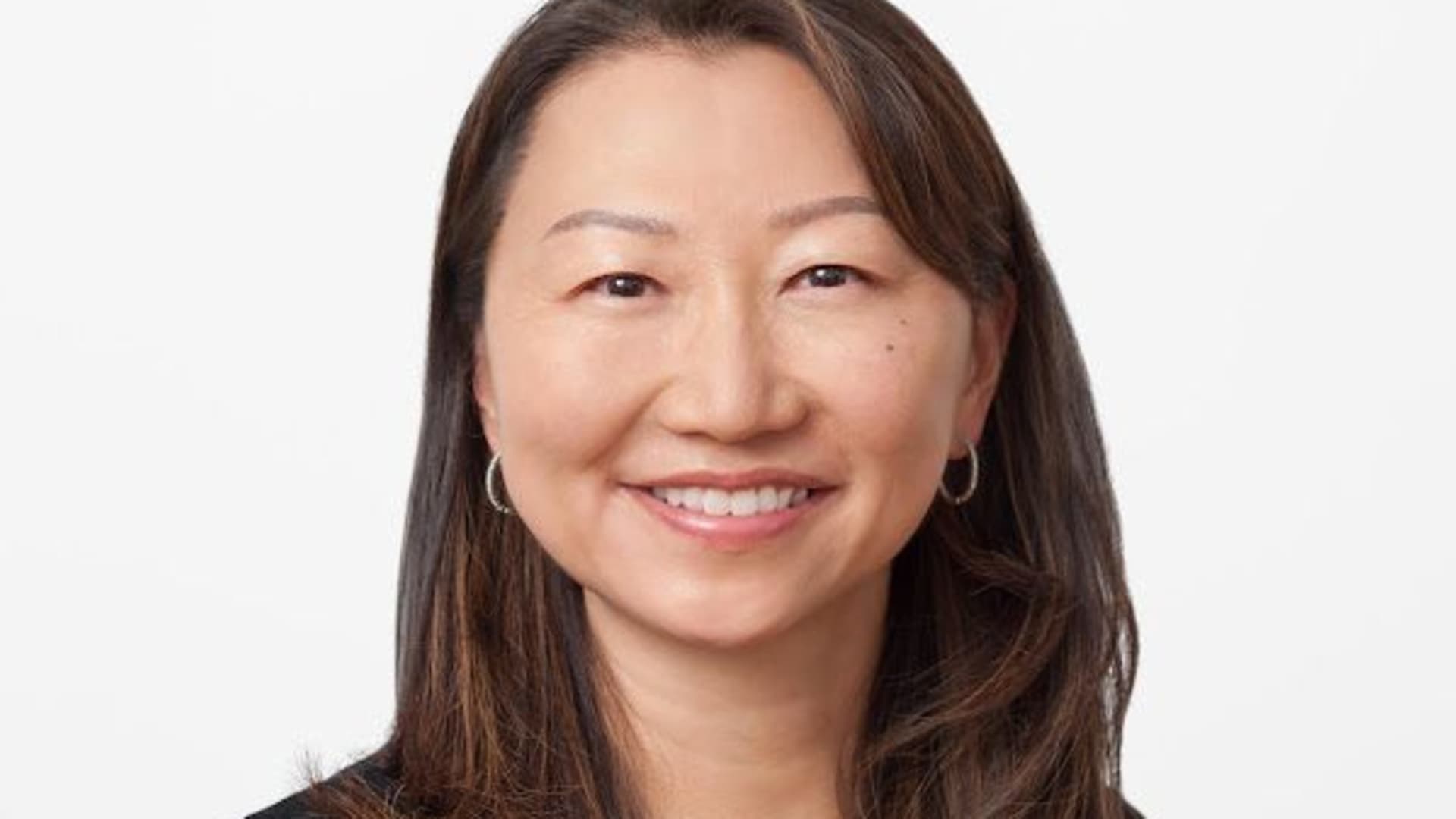
In your 20s, making mistakes at work is a right of passage — but some gaffes are more harmful than others.
One of the "worst" — and most common — career mistakes you can make in your 20s is "expecting things to happen simply because you deserve it," says Jenny Cheng, the vice president and general manager of Google Wallet.
Cheng, 50, fell into this trap at the beginning of her career: She started working at Deloitte as a senior consultant shortly after graduating from the University of California, Berkeley and says spent much of her early 20s struggling to advocate for herself in the workplace.
"I remember thinking that I would get promoted because I was doing such a good job, but I think the mistake there is not realizing that it isn't just about merit," she recalls.

Be clear and vocal about what you want
Even if you believe you've earned a promotion, a raise or another type of recognition, Cheng says you also need to be clear and vocal about what you want at work.
Money Report
"Look for those opportunities, and then position yourself for them: Raise your hand and say, 'I am interested in doing that,'" she explains. "Then, you need to hold your managers accountable to giving you those opportunities, by checking in with them and asking for updates"
You might feel uncomfortable asking for things at the start of your career, but having the confidence to do that is "so, so important," Cheng adds. If you expect a promotion or raise to happen without speaking up about what it is, exactly, that you want, she says, "You risk plateauing your career or slowing your progression."
'Even leaders at the top don't have it all figured out'
It's also important to embrace a willingness to learn and fail early on in your career, so you can continuously grow and improve as a professional.
"When I first started working at Deloitte, one of the senior leaders told me, 'Jenny, just because I'm older and have a higher title than you, doesn't mean I know more than you,'" Cheng says. "That was really encouraging to hear, that even leaders at the top don't have it all figured out, so I could take the pressure off of myself to do the same."
Now, Cheng is on the receiving end of such comments. "At Google, people will assume that because I'm a vice president, I must know everything," she says. "I'm constantly reminding people that I don't know everything, because if I did, my job would be very, very boring — and who wants that?"
DON'T MISS: Want to be smarter and more successful with your money, work & life? Sign up for our new newsletter!
Join CNBC's Small Business Playbook virtually on May 4th, where entrepreneurs will share advice and tips on how to handle economic uncertainty, inflation and more so your business can succeed for the short-term and the long-term. Register for free today.
Check out:
Google VP says this is the best way to build a 'happier, more successful' career






